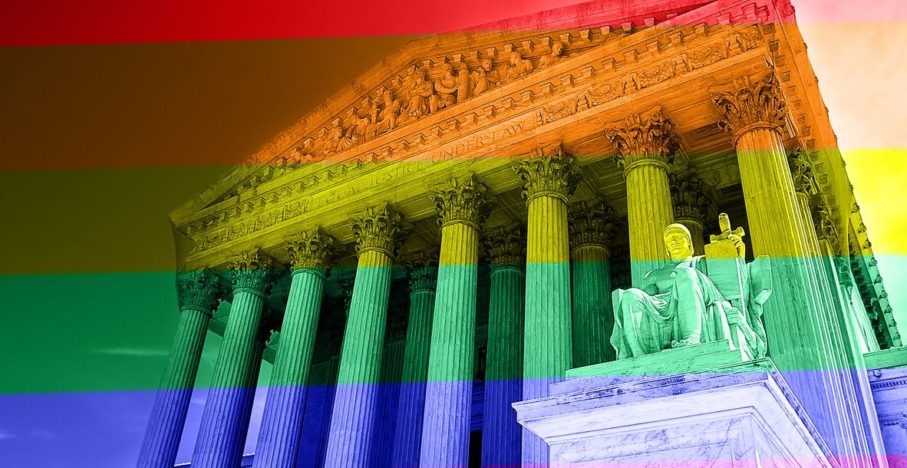U.S. Supreme Court Extends Title VII Protections to LGBTQ+ Persons

U.S. Supreme Court Extends Title VII Protections to LGBTQ+ Persons
Title VII of the Civil Rights Act of 1964, as amended, prohibits employment discrimination based on race, color, religion, sex, and national origin (“protected classes”). In a recent case, Bostock v. Clayton County, the U.S. Supreme Court ruled that Title VII’s prohibition on sex-based discrimination extends to gender identity and sexual orientation as well as traditional criteria such as male or female-based discrimination. In a 6-3 vote, the justices found that “an employer who fires an individual merely for being gay or transgender violates Title VII.”
Prior to this decision, 22 states, plus the District of Columbia passed laws protecting workers based on sexual orientation. Twenty-one states plus DC have enacted statutes protecting workers from discrimination based on gender identity. In the remaining states, an employer was able to fire an employee for being gay, lesbian, bisexual, or transgender (“LGBTQ+”). UCLA’s Williams Institute as reported by CNN, it is estimated that the LGBTQ+ community is made of up of 7.1 million gay, lesbian, and bisexual workers and approximately one million workers who identify as transgender.
https://nmllplaw.com/blog/what-is-employment-discrimination/
What Is a Violation of Title VII?
Under Title VII, an employer may not discriminate against protected classes of workers regarding any term, condition, or privilege of employment. Matters that may give rise to violations include recruiting, hiring, promoting, training, transferring, disciplining, assigning work, measuring performance, discharging, or providing benefits.
Title VII applies to employers in both the private and public sectors that have 15 or more employees. It also applies to state and federal governments, schools, and labor organizations. Title VII is enforced by the Equal Employment Opportunity Commission (“EEOC”). Under federal law, a person must file a complaint with the EEOC prior to filing an employment discrimination lawsuit. It is unlawful for an employer to retaliate against a person who files a complaint with the EEOC for workplace discrimination.
In addition, no employee can be treated differently based on his or her association with someone who is in a protected class. Employment discrimination covers these and other aspects of the work environment.
What the Supreme Court’s New Ruling Means
The new ruling follows the Supreme Court’s 2015 decision that same-sex marriages are constitutionally protected. The Court’s new ruling will have an even greater impact. It provides millions of LGBTQ+ Americans with new workplace rights.
Explaining the reason for the decision, Justice Neil Gorsuch wrote the majority opinion stating “An employer who fires an individual for being homosexual or transgender fires that person for traits or actions it would not have questioned in members of a different sex. Sex plays a necessary and undisguisable role in the decision, exactly what Title VII forbids.”
LGBTQ+ individuals in many states still have no legal protection against other forms of discrimination, such as in housing or public accommodations, although the new decision could bolster efforts to win such protection in the courts or in Congress.
If You Face Employment Discrimination, We Can Help
Are you the victim of employment discrimination in seeking a position or in your working relationship? If so, we can help. Contact us to speak to one of our dedicated employment attorneys today and know your rights as an employee.
Our attorneys are employment discrimination specialists and we are determined, experienced advocates on behalf of employees who have faced discrimination and retaliation in the workplace. To consult with one of our employment discrimination attorneys, please contact us at our New York City office at (212) 736-4500. There is no fee for a private consultation.
Nesenoff & Miltenberg, LLP. is a civil litigation firm specializing in, among other areas, employment discrimination and retaliation litigation. The purpose of this blog is to inform readers of their rights in the workplace. This blog should not be construed as offering legal advice. If you feel you have been a victim of discrimination in the workplace, please contact us.



